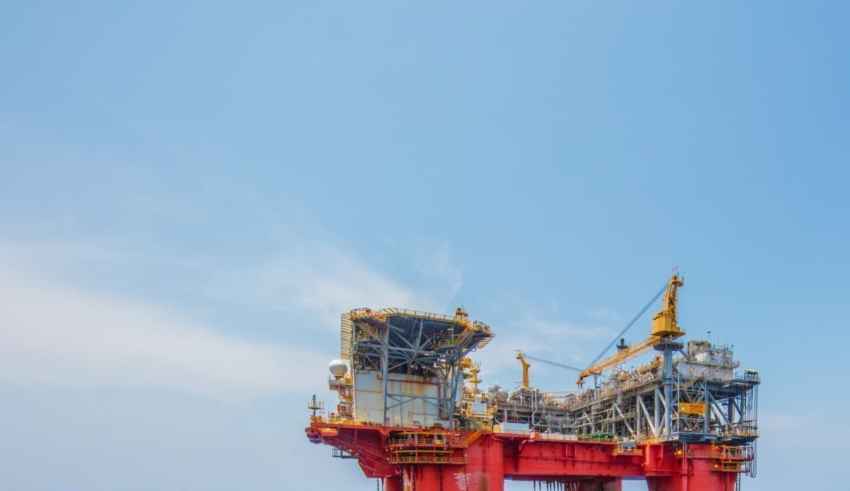
The energy transition and the search for zero-carbon solutions have led to a decline in investment in fossil fuels worldwide. This is also due to the reduction in subsidies and the increase in carbon taxes. In the current phase of global economic recovery, where renewable energies are not yet able to fill this gap, the demand for energy far exceeds the available supply, driving up prices. Many states, including Mexico, are still heavily dependent on oil production, leading to contradictions in common international environmental policies.
Recent moves by the Mexican government against the country’s energy industry have led to growing concerns that President Andrés Manuel López Obrador intends to eventually re-nationalise the entire energy sector. President Andres Manuel Lopez Obrador is pursuing his monopolistic vision for Mexico’s energy sector by seeking to disband the main regulators, the National Hydrocarbons Commission (CNH) and the Energy Regulatory Commission (CRE), as well as restricting private competition in the electricity market.
The Mexican president has always openly exposed his left-wing leanings and his anti-business ideology has characterised his political positions throughout his career in Mexican politics. Many expected the move to re-nationalise his country’s energy sector, reversing Peña Nieto’s reforms. Those energy reforms were sorely needed, after decades of decline and mismanagement of Pemex, Mexico’s state-owned oil company. The Peña Nieto’s reforms brought billions of dollars of new investment from the world’s energy leaders, creating new jobs, new energy transport infrastructure and power generation assets that benefit the local economy and Mexican consumers[1].
Mexico’s state-owned oil company Petroleos Mexicanos (Pemex) will issue new bonds in dollars. The operation is part of a US$3.5 billion public bailout plan, with which the government of President Andres Manuel Lopez Obrador will try to save the company from some US$115 billion in debt, the highest in the world for an oil company. Given the company’s lack of oil production over the years, many are wondering how it can recover and become the leading oil producer. There is therefore a legitimate concern about the Mexican President’s handling of the Pamex situation. At its peak in 2004, Pemex exported nearly 1.9 million barrels a day to refineries from Japan to India, and attended OPEC meetings as an observer. Its role, however, has been prominent over the years despite its negative performance in recent years[2].
Unfortunately, there is no empirical evidence to show that rescuing Pamex so expensively with funds from Mexican citizens will lead to a solution to Mexico’s energy crisis. Moreover, the return to oil production as the main long-term energy source raises concerns about the protection of the ecosystem, which is increasingly at risk.
Mexico also plans to halt crude oil exports in 2023 as part of President Andres Manuel Lopez Obrador’s nationalist goal of self-sufficiency in fuel production. Pemex, will reduce crude exports to 435,000 barrels per day (bpd) in 2022, before phasing out sales to customers abroad the following year. This was stated by the company’s CEO Octavio Romero during a press conference in Mexico City on 28 December. There is also further concern about the ambitious effort as part of Lopez Obrador’s drive to expand domestic production of gasoline and diesel, which Mexico now buys mainly from US refiners. Like many major oil-producing nations, Mexico lacks the processing capacity to convert its abundant oil into fuels and other end products. The Mexican drilling company will direct all of its production to its six refineries, including a facility under construction in the south-eastern state of Tabasco and another under purchase near Houston, Texas. This plant is considered part of Mexico’s refining system even though it is located across the border with the United States.
From this move by the Mexican government comes a social agenda that misses environmental goals and promotes oil-centric economic development. There are many questions about the efficiency and transparency of President Lopez Obrador’s political approach. These measures also have an impact on Mexico’s international economic and political relations, and it is therefore necessary to keep a close eye on the country’s international interlocutors, especially when it comes to decisions aimed at preserving the environment and the ecosystem of our planet, which has suffered so much damage and is so vulnerable.
[1] https://www.forbes.com/sites/davidblackmon/2021/10/28/mexico-moves-to-re-nationalize-energy-markets–a-return-to-1938/?sh=6373ad336345
[2] https://www.bloomberg.com/news/articles/2021-12-28/mexico-to-stop-exporting-oil-in-2023-in-self-sufficiency-quest?utm_source=google&utm_medium=bd&cmpId=google
By The European Institute for International Law and International Relations.














